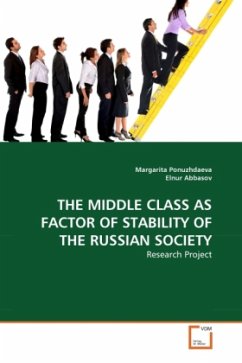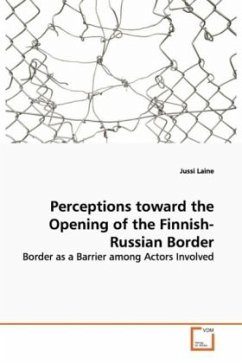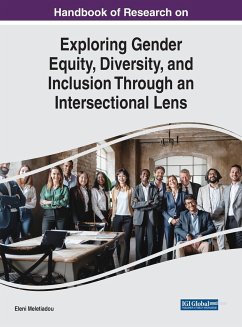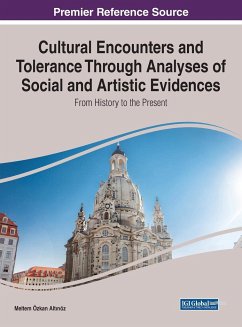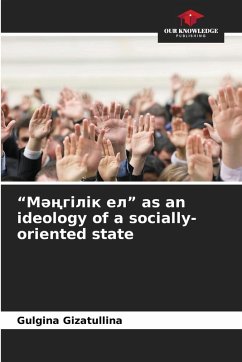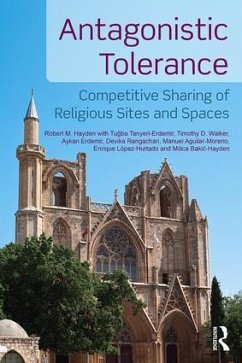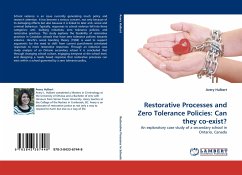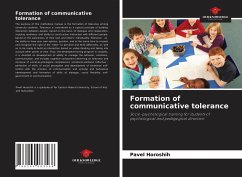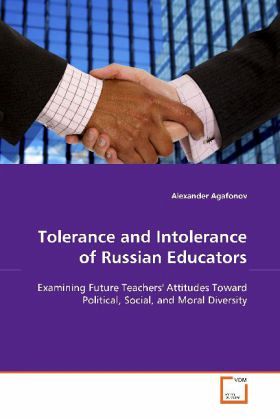
Tolerance and Intolerance of Russian Educators
Examining Future Teachers' Attitudes Toward Political, Social, and Moral Diversity
Versandkostenfrei!
Versandfertig in 6-10 Tagen
39,99 €
inkl. MwSt.

PAYBACK Punkte
20 °P sammeln!
Tolerance is important for every society, yet itgains special urgency in nations that undergo thetransition from authoritarian to democratic regimes.This book examines attitudes toward social,political, and moral diversity of future educatorsfrom Russia, a country which entered the 21st centuryfacing a difficult choice: to continue along the pathof adopting the liberal and pluralistic societalmodel of established democracies; or, once again,turn to its centuries-old authoritarian traditions.Quantitative methods are used to determine theattitudes of educators toward diversity, the level ofconsi...
Tolerance is important for every society, yet it
gains special urgency in nations that undergo the
transition from authoritarian to democratic regimes.
This book examines attitudes toward social,
political, and moral diversity of future educators
from Russia, a country which entered the 21st century
facing a difficult choice: to continue along the path
of adopting the liberal and pluralistic societal
model of established democracies; or, once again,
turn to its centuries-old authoritarian traditions.
Quantitative methods are used to determine the
attitudes of educators toward diversity, the level of
consistency in their attitudes, and the correlates of
future teachers tolerance. This book has several
potential audiences: researchers, education policy
makers, and practitioners, i.e., teachers and
educational administrators. Policy implications are
clear: if Russia is to build a democratic society, it
needs to ensure that its educators gain a solid
foundation in tolerance and convey more tolerant
attitudes to their students. Otherwise, mass
intolerance is likely to continue in Russia which can
lead to a rebirth of the most reactionary,
xenophobic, and chauvinistic types of ideas.
gains special urgency in nations that undergo the
transition from authoritarian to democratic regimes.
This book examines attitudes toward social,
political, and moral diversity of future educators
from Russia, a country which entered the 21st century
facing a difficult choice: to continue along the path
of adopting the liberal and pluralistic societal
model of established democracies; or, once again,
turn to its centuries-old authoritarian traditions.
Quantitative methods are used to determine the
attitudes of educators toward diversity, the level of
consistency in their attitudes, and the correlates of
future teachers tolerance. This book has several
potential audiences: researchers, education policy
makers, and practitioners, i.e., teachers and
educational administrators. Policy implications are
clear: if Russia is to build a democratic society, it
needs to ensure that its educators gain a solid
foundation in tolerance and convey more tolerant
attitudes to their students. Otherwise, mass
intolerance is likely to continue in Russia which can
lead to a rebirth of the most reactionary,
xenophobic, and chauvinistic types of ideas.




